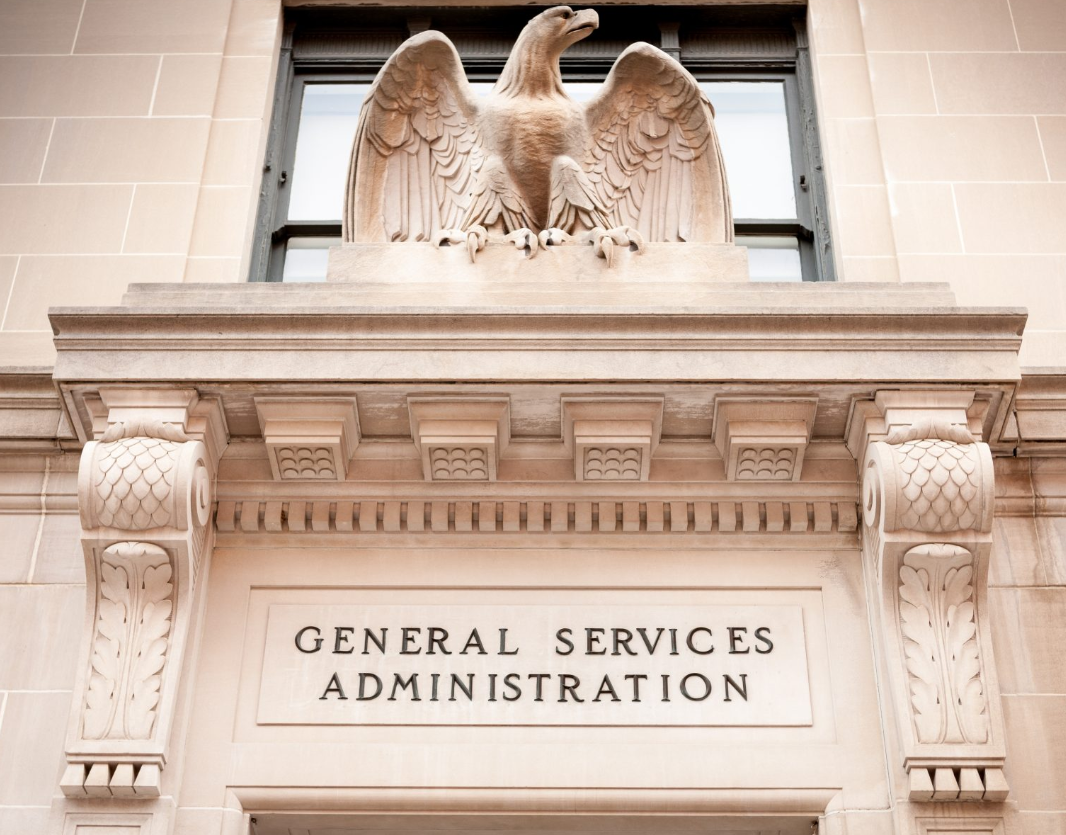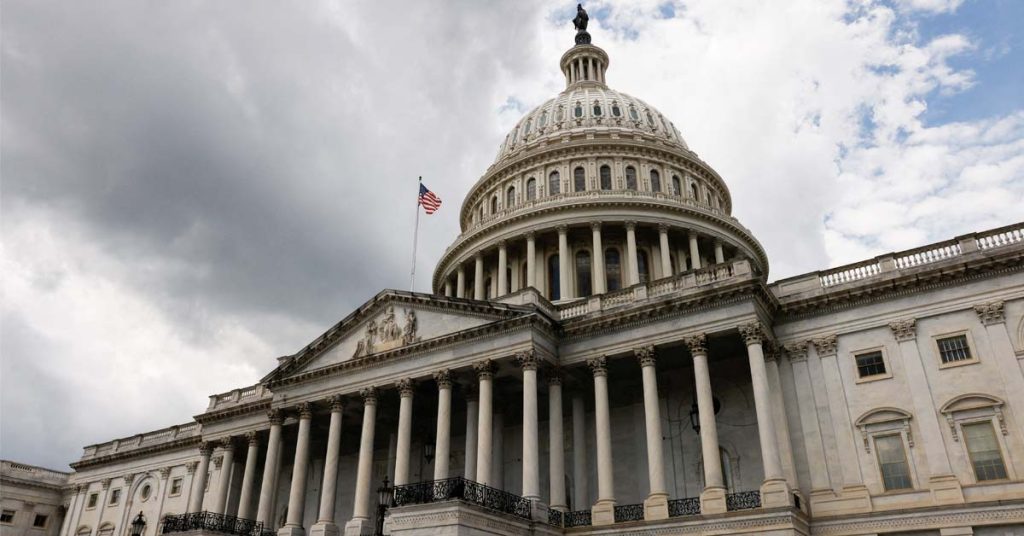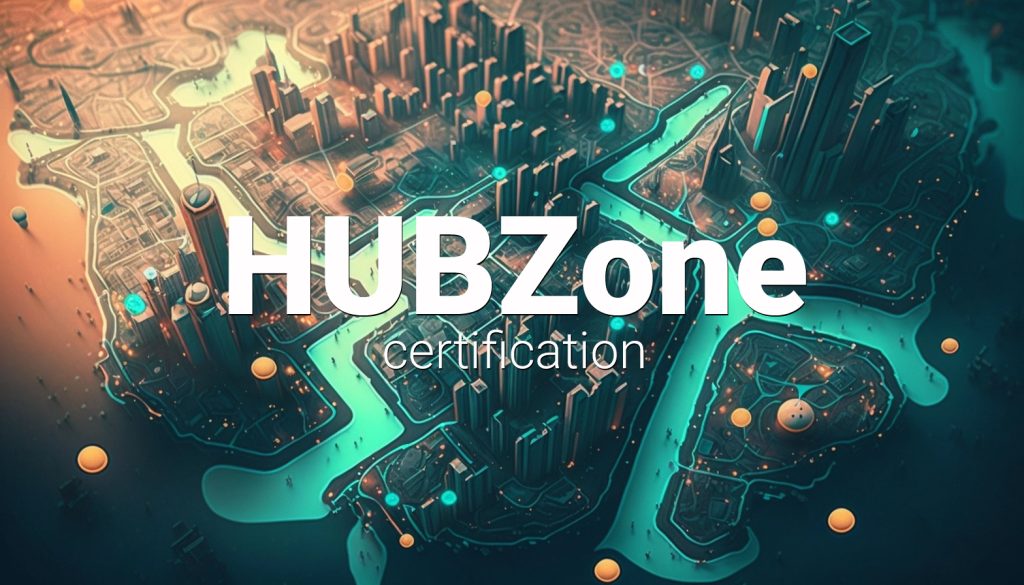In the realm of business and procurement, familiarity with the General Service Administration's (GSA) Multiple Award Schedule (MAS), also known as a "Schedule," is crucial. Securing a contract is mandatory for those aspiring to sell to Federal Agencies or State and Local Governments, and doing so can significantly enhance your business turnover. Now, you might be pondering the fundamental questions: What exactly is a Schedule, and how can one obtain it? Let's delve into the significance of GSA Schedules and the essential steps involved in acquiring them.
- Understanding the Significance of GSA Schedules
- Determining Schedule Compliance
- Key Steps and Requirements
- Socioeconomic Initiatives and Opportunities
- Leveraging Resources for Success
Understanding the Significance of GSA Schedules
A GSA Schedule is not merely a contract or a marketing strategy; rather, it represents a unique opportunity for businesses to gain exposure through the System for Award Management (SAM) to Federal professionals actively seeking procurement options. The competitive landscape is formidable, with around 16,000+ active contract holders generating over $50 billion in business through their GSA schedules.
Determining Schedule Compliance
To begin, identify the particular schedule that aligns with your product offerings or services. This can be accomplished with the assistance of GSA consultants like Price Reporter or by consulting the Multiple Award Schedule Desk Reference. Assessing schedule suitability and pricing competitiveness is facilitated through resources like GSA eLibrary and GSA Advantage. Ensuring delivery compliance and meeting qualifications, including a two-year operational history and financial criteria, are critical prerequisites.
Key Steps and Requirements
Acquiring a GSA Schedule involves a series of steps, and certain prerequisites must be met:
- Registration on SAM.gov and getting a Unique Entity Identifier (UEI) number.
- SAM Updates: Regularly update your business details, size, and status on the System for Award Management (SAM) platform.
- Performance Assessment: Be prepared to provide details such as invoices related to at least 6 customers to assess your business’s performance.
Socioeconomic Initiatives and Opportunities
Small businesses meeting specific socioeconomic conditions stand to benefit significantly from GSA contracts. Federal agencies are mandated to contract with a certain percentage of small businesses falling into categories such as small disadvantaged businesses, veteran-owned, Historically Underutilized Business Zone (HUBZone), as well as women and minority-owned small businesses. Service-disabled veteran-owned small business owners (SDVOSBs) also enjoy privileged contracting opportunities with the federal government.
Leveraging Resources for Success
Navigating the complexities of GSA contracts is facilitated by leveraging available resources. GSA eLibrary stands out as a valuable source, offering comprehensive information on schedules and other pertinent details. Notably, the IT Schedule (70) and the Professional Services Schedule (00CORP) have demonstrated substantial revenue potential, surpassing $11 billion and $5 billion, respectively.
Conclusion
While the GSA market presents numerous growth opportunities for businesses, partnering with experienced guides ensures a smoother journey to success. By adhering to the outlined steps and embracing available resources, businesses can position themselves for success in the competitive landscape of GSA Schedules.
FAQs on Getting GSA Schedules
What is a GSA Schedule, and why is it important for businesses?
A GSA Schedule, also known as a Multiple Award Schedule (MAS), is an agreement with the General Services Administration that allows businesses to offer products and services to government agencies. It is crucial for businesses seeking to sell to Federal Agencies or State and Local Governments, to provide exposure through the System for Award Management (SAM) and enhance business opportunities.
How can I determine if my business qualifies for a GSA Schedule?
To qualify for a GSA Schedule, your business must have a track record of at least two years, meet specific financial criteria, and operate in compliance with other requirements. Identifying the appropriate schedule for your products or services and ensuring compliance with delivery times are essential steps in the qualification process.
What steps are involved in the GSA Schedule application process?
The application process includes several key steps:
- Determine the relevant GSA schedule for your offerings.
- Verify your product pricing competitiveness on GSA Advantage.
- Ensure compliance with delivery times after receiving orders.
- Getting a Unique Entity Identifier (UEI) number and updating details on the System for Award Management (SAM).
- Be prepared for a performance assessment, providing details on at least 6 customers.*
How can small businesses benefit from GSA contracts?
Small businesses meeting specific socioeconomic conditions, such as being woman-owned, service-disabled veteran-owned, or falling into other designated categories, can benefit significantly from GSA contracts. Federal agencies are mandated to contract with a certain percentage of small businesses, creating privileged opportunities for these enterprises.
Are there valuable resources to guide businesses through the GSA Schedule process?
Absolutely. GSA eLibrary is a comprehensive resource offering detailed information on schedules and related topics. Additionally, seeking guidance from experienced consultants at Price Reporter can greatly enhance your understanding of the process, ensuring a smoother journey toward securing and maximizing opportunities through GSA Schedules.








